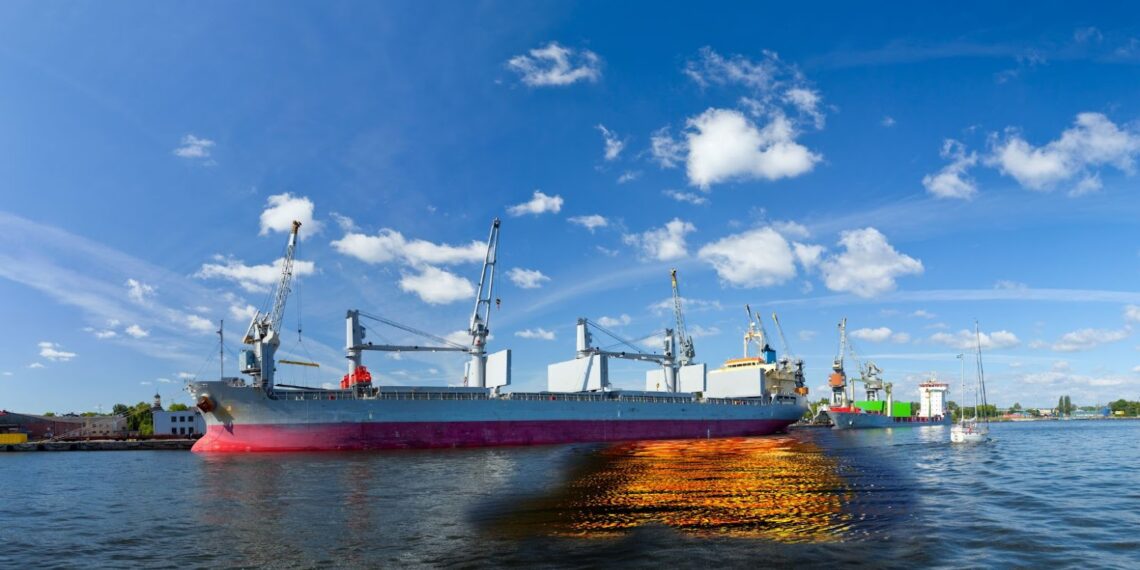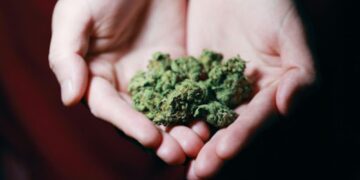Spillage is the accidental release of liquid or solid material from its intended container or storage medium. This is often seen in industries that deal with toxic or hazardous materials where the consequences of such spillage could lead to environmental contamination or harm human health. However, spillage can also occur in everyday situations, such as at home or in public areas.
Understanding the causes and effects of spillage is crucial in developing strategies to prevent and mitigate its negative impacts. In addition, it is important to note that spillage can occur in various settings and have different origins, including human error, faulty equipment, natural disasters, or deliberate sabotage. Thus, it is necessary to identify the sources of spillage, assess the associated risks, and implement appropriate measures to prevent, contain, and clean up any spills that may occur.
In this article, I will delve deeper into the concept of spillage, examining its different types, causes, and impacts. I will also discuss the measures that can be taken to control and manage spillage and highlight some best practices for spill response and cleanup. By the end of this article, you will better understand what spillage refers to and the importance of spill prevention and mitigation in ensuring a safe and healthy environment.
What Does Spillage Refer To
Spillage refers to any unintentional release of materials or substances detrimental to the environment, human health, and industrial processes. In various industries, spillage can occur and have several adverse effects, including financial, legal, and reputational damages.
Here are the common types of spillage in industries:
- Chemical spillage involves releasing hazardous or toxic chemicals such as acids, solvents, and other substances that can harm the environment and people working in the industries.
- Oil spillage results from releasing crude oil or petroleum products, especially in the oil and gas industries. Oil spills can severely affect marine life, surrounding communities, and the economy.
- Food spillage: Industries such as food processing and packaging are also susceptible to spillage of food products, which can cause product wastage and pose health risks.
- Waste spillage: Industries producing waste products such as mining, agriculture, and construction may experience spillage of hazardous waste materials like asbestos and lead, causing environmental pollution and health risks.
The consequences of spillage can be devastating for industries if not managed properly. Here’s what can happen:
- Environmental damage: Spillage can damage natural resources, including air, water, and soil.
- Health risks: Spillage can release hazardous substances that can cause illness and physical harm to people in or around the affected area.
- Legal and financial consequences: Industries may face fines, lawsuits, and other legal actions if the spill is not handled in compliance with environmental regulations.
In conclusion, spillage refers to the unintentional release of hazardous substances in various industries, including chemical, oil, food, and waste production. If not managed properly, it can severely affect the environment, human health, and industrial processes. Therefore, industries must prevent spillage, such as implementing safety measures, training employees, and implementing an emergency response plan.
Causes Of Spillage In Different Industries
Spillage refers to the unintended escape of any material from its container. It is an undesirable issue that can cause harm to the environment and human health. Several industries are vulnerable to spillage incidents due to the nature of their work. Here are some examples:
Oil And Gas Industry
The oil and gas industry is highly susceptible to spillage due to millions of gallons of oil and gas in their facilities. Spillage incidents in this industry can occur due to various reasons, such as:
- Human Error: Negligence or carelessness of employees while performing maintenance, loading, unloading, or transporting of oil and gas can lead to spillage.
- Equipment Malfunction: Failure of pipes, valves, and tanks can cause leakage and ultimately result in spillage.
- Natural Disasters: Natural calamities like hurricanes, floods, and earthquakes can damage the pipelines and tanks, causing massive spillage.
Pharmaceutical Industry
The pharmaceutical industry deals with various chemicals and toxic substances, making it prone to spillage. Some reasons for spillage in this industry are:
- Improper Handling: Mishandling materials like acids, bases, and toxic compounds can cause spillage and even lead to accidents.
- Storage Issues: Improper storage of chemicals can cause leakage and overflows, leading to spillage.
- Human Error: Lack of training of employees, miscommunication, and fatigue can cause spillage incidents.
Agriculture Industry
The agriculture industry involves handling fertilizers and pesticides, which can be hazardous to the environment. Some reasons for spillage in this industry are:
- Equipment Failure: Failure of equipment like pumps, sprayers, and tanks can cause leakage, leading to spillage.
- Weather Conditions: Heavy rainfall or strong winds can cause spillage of pesticides and fertilizers.
- Human Error: Improper handling and transport of chemicals can cause spillage and accidents.
In conclusion, spillage incidents can occur for various reasons throughout various industries. Therefore, it is essential to take precautionary measures and implement safety protocols to prevent spillage and reduce the impact of any potential spills.
Spillage is the unwanted discharge of liquids, powders or granular materials from their intended container or receptacle. In an industrial setting, spillage can be a major threat to workers’ safety and the integrity of the environment. Therefore, it’s essential to prevent spillage as much as possible. Here are a few ways to do it:
Ways To Prevent Spillage In Industrial Settings
Proper Handling and Storage of Materials
The first step to preventing spillage is to properly handle and store materials in the first place. This can involve using appropriate containers and storage systems, thorough labeling, secure closures, and timely removal of waste materials. Additionally, all staff should be fully trained on handling the specific materials they’re dealing with, including proper lifting and transportation techniques.
Regular Maintenance and Inspection of Equipment
Another crucial aspect of spillage prevention is regular maintenance and inspection of equipment. Any machinery or equipment that comes into contact with materials should be properly maintained and inspected for signs of wear and tear or potential malfunctions. Regular maintenance can help detect any issues before they result in a spillage incident.
Implementing Spill Response Protocols
Even with the best prevention methods, spillage incidents can still occur. That’s why it’s important to have a spill response protocol in place. This involves having the necessary equipment on hand, such as absorbent materials and spill kits, and ensuring that all staff are trained to respond in the event of a spill.
By incorporating these prevention methods into day-to-day operations, businesses can significantly reduce the risk of spillage incidents and maintain a safe, compliant workplace.













